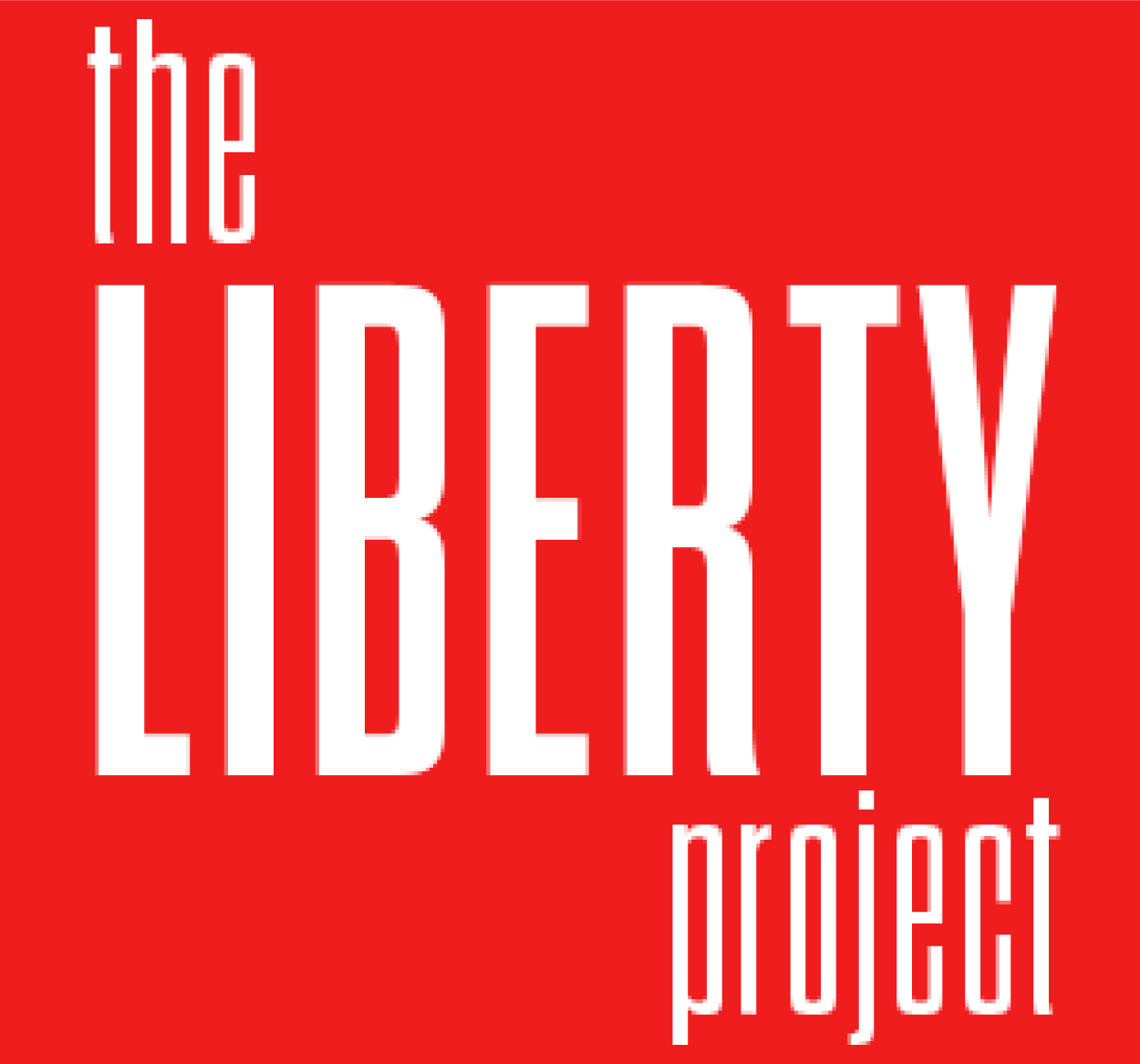Beyond that, she recently announced her third album, HIT ME HARD AND SOFT, to be released May 17, 2024. She spent the days leading up to the announcement building excitement by adding all of her Instagram followers to her “Close Friends” list. Eilish had the most Instagram followers in 48 hours…with her count increasing by 7 million followers total.
While her debut album, when we all fall asleep…where do we go?, was a chart-topper in its own right, it landed Billie every GRAMMY it was nominated for at the ripe age of 18…Eilish has solidified herself as one of the most sought-after and revered popstars in the world.
Eilish recently caught media attention for quietly revealing her sexuality. In an interview with Variety, she states that she’s always liked girls…and assumed people always knew that. In a viral snippet from her new song, LUNCH, she details a love affair with a girl.
But people don’t only adore Billie for her catchy tracks that consistently top the charts. It’s not just her songwriting ability and unique vocals that keep us hooked. People love her because she’s unafraid to speak her mind.
Whether it be complaining about too many influencers being at an awards show, or calling out other artists for using unsustainable practices…Billie does not hold back.
Billie Eilish On Sustainability

Eilish home
rethinkingthefuture.com
The Eilish home is iconic for many reasons: it’s where Billie and Finneas recorded her debut album, countless other songs, and EPs, in an effort to conserve water there’s no grass, and the roof is covered in solar panels. And being environmentally conscious extends beyond the four walls of their home.
When the hottest young talent is discovered at such an early age like Eilish, record labels are chomping at the bit to sign them. It’s like when a D1 athlete is ready to commit to college…you have your pick.
But what Eilish and her mom, Maggie Baird, were looking for wasn’t about money or label-perks…they were seeking a solid sustainability program. And while that may seem like standard practice, most labels didn’t bring up environmental policies during these meetings at all.
After signing to The Darkroom via Interscope Records, the struggle didn’t stop there. Billie Eilish and her family have been consistent contributors to the fight against climate change.
Maggie Baird has since started Support + Feed, which focuses on the climate crisis and food insecurity. Support + Feed helped Eilish’s 2022 Happier Than Ever tour save 8.8 million gallons of water through plant-based meal service for the artist and crew members.
During Billie’s 2023 Lollapalooza performance, she aided the launch and funding of REVERB’s Music Decarbonization Project – which guaranteed all battery systems used during her set were solar powered. The MCD’s overall mission is to lower – and eventually eliminate –the music industry’s carbon emissions.
But more recently, Billie Eilish called out other artists for releasing multiple versions of vinyls in order to boost vinyl sales. In an interview with Billboard, she says,
“We live in this day and age where, for some reason, it’s very important to some artists to make all sorts of different vinyl and packaging … which ups the sales and ups the numbers and gets them more money and gets them more…”
Artists convince fans to buy different versions of their albums by offering exclusive features on each vinyl. Take Taylor Swift, for example, who released five separate vinyl versions of Midnights, each with a different deluxe “Vault” track.
While Billie may not have been trying to shade one artist in particular, the point is that she’s fed up. After being the rare artist in the industry who go out of their way to remain environmentally conscious, Eilish sets the bar high.
How Eilish’s New Album Is Sustainable

Billie for "Hit Me Hard and Soft"
William Drumm
Social media users were quick to claim Eilish was hypocritical by announcing that HIT ME HARD AND SOFT will have eight vinyl variations. However, each vinyl is made from recycled materials – either 100% recycled black vinyl or BioVinyl, which replaces petroleum used during manufacturing with recycled cooking oil.
This just illustrates that Eilish wasn’t directing criticism towards other artists for using vinyl variants to gain album sales…but she does think there are better ways to do it that benefit the environment without hurting their sales.
